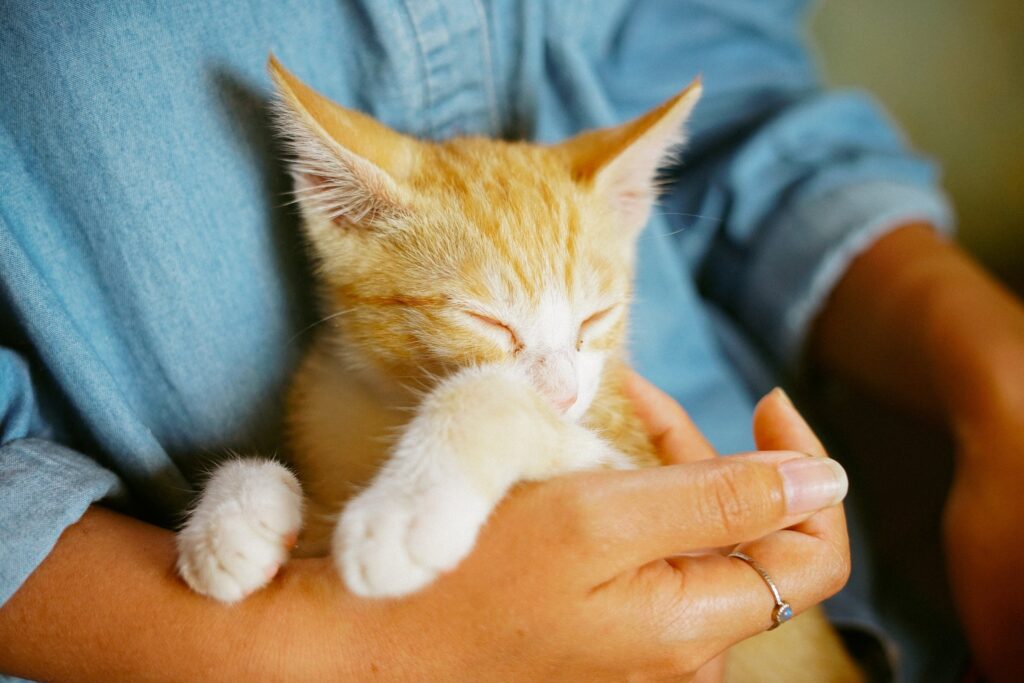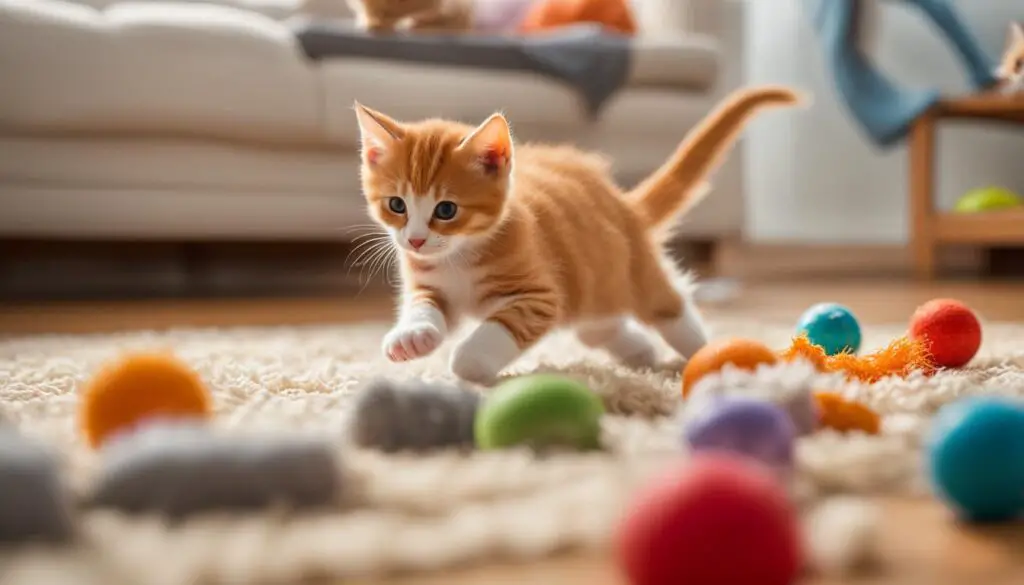Bringing home a new kitten is an exhilarating and heartwarming experience. The journey of socialization that you’re about to embark on is key to ensuring your furry friend grows into a confident, friendly, and well-behaved adult cat. Socialization involves exposing your kitten to various people, environments, sounds, and experiences to help them become comfortable in different situations. The ideal window for socialization is between 3 and 14 weeks of age, but older kittens can still be socialized with patience and consistency.
Why Socialization is Important
A well-socialized kitten is more likely to be affectionate, well-mannered, and adaptable. Proper socialization can help prevent future behavioral issues such as fear, aggression, or anxiety. It also helps your kitten develop positive relationships with people and other pets, making veterinary visits and daily interactions much more manageable. The benefits of socialization are numerous and significant, making it a crucial aspect of your kitten’s development.
Tips for Socializing Your Kitten
1. Introduce Your Kitten to Different People
Expose your kitten to various people, including children, adults, and seniors. This will help it adapt to different voices, scents, and handling styles. Encourage visitors to offer treats and play gently with your kitten to create positive associations.
2. Handle Your Kitten Frequently
Regular handling helps your kitten become comfortable with being touched, which is essential for grooming, vet visits, and general interactions. Touch your kitten’s paws, ears, and mouth to prepare for nail trims and dental care.

3. Introduce Other Pets Gradually
If you have other pets, introduce them to your kitten calmly and gradually. Start by allowing them to sniff each other under a door or through a barrier. Then, progress to short supervised interactions. Reward calm behavior with treats and praise.

4. Expose Your Kitten to Everyday Noises
Help your kitten get used to everyday household sounds, such as the vacuum cleaner, television, or washing machine. Start with low volumes and gradually increase exposure to avoid overwhelming them.
5. Provide Positive Experiences with the Carrier
Many cats associate carriers with stressful vet visits. Make the carrier a comfortable space by placing soft bedding and treats inside. Leave it open in a common area so your kitten can explore it freely.
6. Encourage Play and Exploration
Interactive play helps kittens build confidence. They use toys such as feather wands, balls, and puzzle feeders to stimulate their minds and bodies. Providing a variety of textures and surfaces for exploration, such as scratching posts and climbing trees, also helps with their development.
7. Reward Good Behavior
Use positive reinforcement, such as treats, praise, and petting, to reward calm and friendly behavior. For instance, when your kitten approaches a new person or pet without showing signs of fear, immediately praise and reward them. Avoid punishment, as it can create fear and hinder socialization progress.
8. Start Basic Training Early
Teaching simple commands like “come” or getting your kitten used to a scratching post instead of furniture can prevent unwanted behaviors later. Use treats and patience to reinforce positive actions.
9. Schedule Veterinary Visits Early
Regular vet visits are crucial for your kitten’s health. Early socialization with the vet staff and clinic environment will help your kitten feel more at ease during checkups.
What to Avoid When Socializing Your Kitten
- Forcing interactions:
Let your kitten approach new experiences at their own pace.
- Overwhelming them:
Too many new experiences at once can be stressful. Introduce new things gradually.
- Using punishment:
Yelling or scolding can create fear and set back socialization progress.
Final Thoughts
Remember, socializing your new kitten is a journey that requires your time, patience, and consistency. With your guidance and gentle exposure to new experiences, your kitten will grow into a well-adjusted and friendly adult cat. Start early, reward positive interactions, and ensure every experience is positive. You are the key to a well-socialized kitten, and a well-socialized kitten is a happy kitten, making an excellent lifelong companion!




